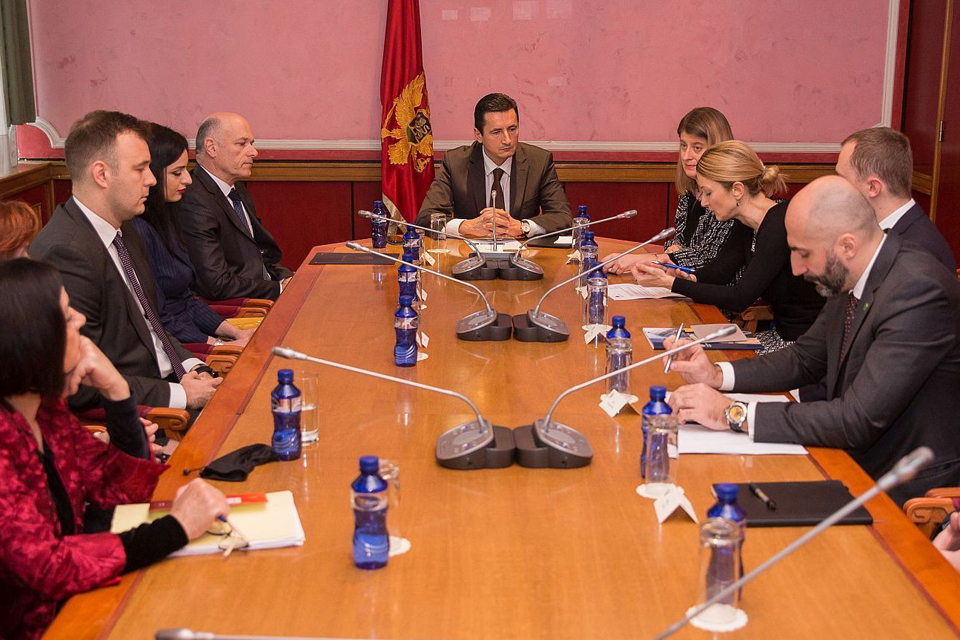Speech: Brexit offers big opportunities to showcase our creativity and innovation
Some people may say that Britain will struggle to trade with the rest of the world after we leave the European Union. Such a gloomy outlook fails to recognise the continued strength of the UK economy, with record inward investment, an 11% increase in exports and employment at a historic high.
In reality, the UK has cutting-edge capabilities. We lead the world in art and culture, food and drink, finance and education.
Last year we had 58,000 tech start-ups in the UK, a new tech business every hour. Digital technology has helped reduce many of the old barriers to trade and made the world more connected. You don’t have to leave Basingstoke to sell your digital app to someone in Beijing. UK businesses have a huge amount to gain from this trend.
The IMF predicts 90% of global growth will be generated beyond the borders of Europe in the coming years.
Much of this will come from Asian economies, where new markets are growing to match their new wealth. Trade between the UK and China is already at record levels, worth more than £59 billion, while UK exports to China increased by over 25% last year.
China’s middle class is expected to number 600 million by 2020 – greater than the current population of the EU. This offers big opportunities for UK businesses in a market that wants UK goods and services, and this government is putting the UK in a position to benefit.
This week I will take a delegation of nearly 300 UK businesses to the GREAT Festival of Innovation in Hong Kong, which has been organised by the Department for International Trade. Entrepreneurs and businesses of all sizes will come together to showcase the best of British creativity and innovation.
The festival will explore how the world will work, live, play and learn in the future, and it’s a golden opportunity for British companies to create new business relationships not only with Hong Kong, China and the wider Asian region, but across the world.
There are already brilliant partnerships between UK and Asian companies of every kind, from large corporates to new start-ups.
From cutting-edge UK robotics making construction safer in Hong Kong, to Chinese automotive technology cleaning the air we breathe in UK cities.
Today I’m launching 3 campaigns to showcase the best of British fashion, beauty, food and consumer goods on some of Asia’s top commerce platforms and mobile shopping apps.
More than 160 UK brands will benefit – from Waitrose and Neal’s Yard Remedies, to Boohoo, Cath Kidston, Victoria Beckham and Burberry. This type of e-commerce will be the new frontier of global trade. It favours smaller companies, and ensures more women can be involved in international trade.
That’s why, as the digital economy continues to develop, the UK will use our new independent trade policy to make sure global rules benefit British businesses.
We are an innovation nation ready for the hi-tech opportunities around the world that Brexit will open up.
Demand for UK goods and services is growing, and the new relationships we forge at the GREAT festival will maintain this momentum, so we can deliver a brighter, more prosperous future for every part of the UK.
Britain is not struggling, it is blossoming.
